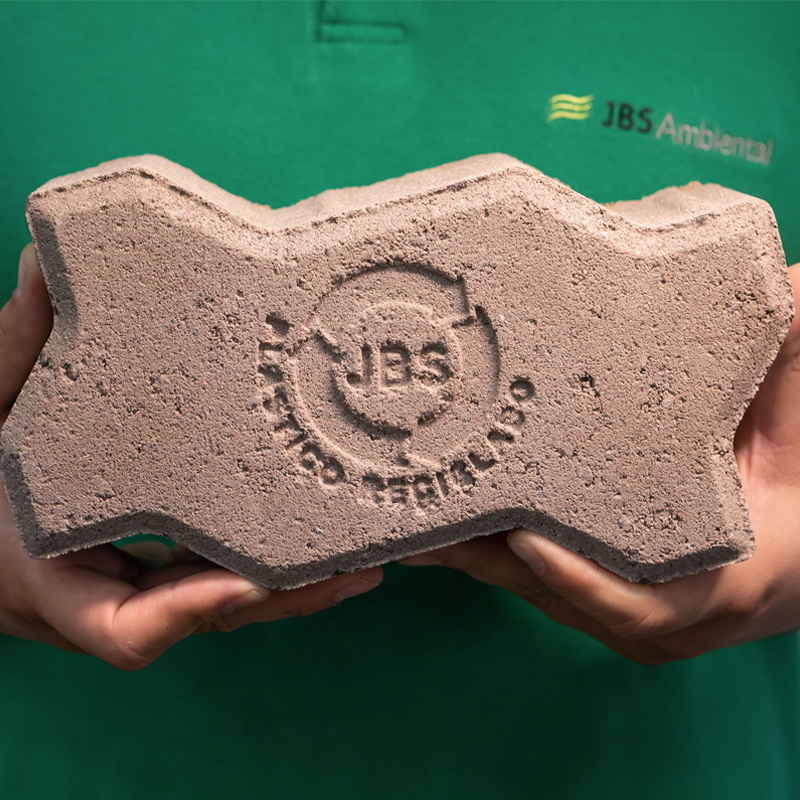Residues
Waste management is practiced at every JBS unit around the world, based on a commitment to reduce waste generated, appropriately dispose of it reduce the amount of waste sent to landfills at all times costs, in accordance at all times with current laws in the countries where it operates.
For JBS, packaging represents a fundamental part in the protection and safety of food, from processing to consumption.
For this reason, the Company encourages returning packaging to the production chain, in an effort to contribute to recycling and diminish the impact of landfill disposal.

JBS Ambiental

JBS Ambiental, which is responsible for collecting, recycling, reusing and transforming the waste generated in the Company's operations.
Concepts like circular economy, where residues from a production chain become raw materials for other chains, are part not only of the everyday work at JBS, but also at JBS Novos Negócios they are in the core of the value model. In different company operations, materials previously discarded now become the base for new products.
Plastics are recycled and transformed into new products to be used at JBS units in the form of trash bags, plastic tarps, pallet covers, shrink wrap, pallets and injected racks, among others. Plastics are also transformed into recycled resins, to be used as raw material for the manufacture of new products.
In 2020, one of the highlights was the creation of Green Flooring. The unit developed a process that allows the plastic used for wrapping raw products to be converted to interlocking floor tiles suitable for use in open-air areas.
Know JBS Ambiental clicking here.
Food Waste
JBS is committed to reduce food loss and waste in its production process. The company reuses almost 100% of the raw material not used for core products, as raw material for new products, ranging from animal feed to biodiesel. For this, the businesses have structured management processes with production indicators and targets for waste reduction. This concept is ingrained in the Company, which has a business unit focused on transforming raw materials from the Company's other operations into products with high added value.
Learn more about JBS Novos Negócios here.
